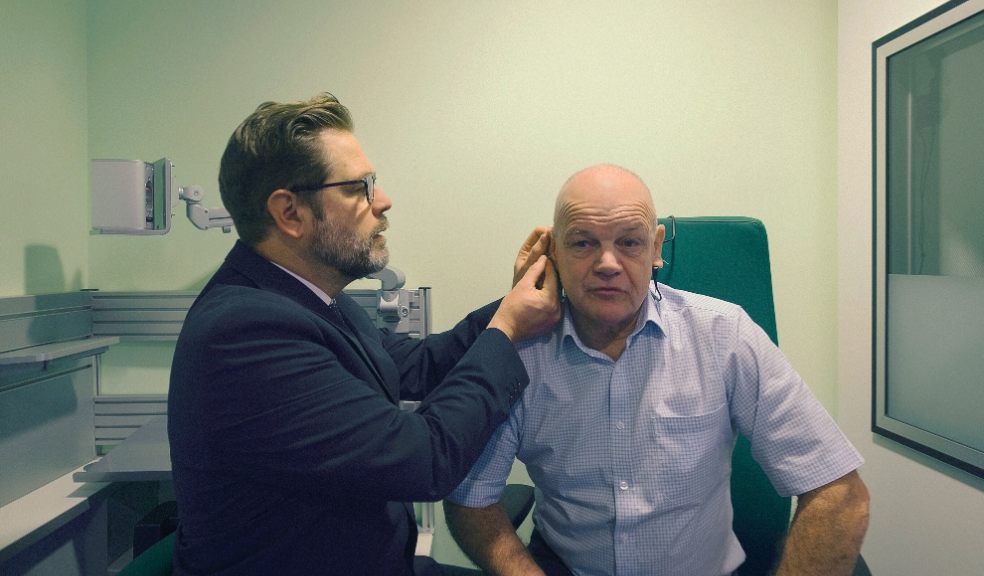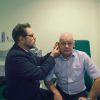
More than half of Exeter residents ignore hearing problems
PEOPLE across Exeter are being urged to look after their hearing and not ignore worrying symptoms.
This comes as a latest study shows that 33% of South West people have noticed negative changes to their hearing in the last decade – but more than half (51%) have taken no action to address those changes.
That means that thousands could be missing out on hearing our favourite sounds, TV shows and music properly – or even saying yes to things we didn’t mean to.
Donna Morgan, director of Specsavers audiology for Exeter, said: “Part of the stigma around hearing loss is the fear of having to wear a hearing aid, but this shouldn’t be the case anymore.
“There have been so many advances in hearing aids – there is some much technology in these tiny devices. Ensuring hearing issues are identified early is key. As well as improving quality of life, early detection can also help prevent other conditions such as early-onset dementia.
“In our poll, 53% said that they would be encouraged to get a hearing test if they were free. At Specsavers, hearing tests are free. It’s also a misconception that hearing loss is just sounds getting quieter.
“Everyone’s hearing is different. Some people lose high notes, others lose low-frequency sounds. If you are experiencing changes, do book a free hearing test as there is lots that can be done to help and the sooner you take action, the more likely you are to minimise hearing loss.”
The Specsavers research also found that more than half of people in the South West (55%) have never had their hearing tested. This is despite more than half (56%) admitting they can’t hear conversations in busy areas and more than a quarter (26%) confessing they have to ask people to speak louder or repeat themselves.
TV medic Dr Michael Mosley, who himself also recently discovered he has some hearing loss, says: “While we now live in a world where lots of people feel comfortable talking openly about their health, some people still feel there is a stigma attached to certain conditions, and hearing loss is one of those.
“Hearing loss is completely normal and often a part of the ageing process, but – understandably – most of us want to feel as young as we can for as long as we can.
“But it’s important to remember that hearing loss is nothing to be embarrassed or ashamed about – lots of people suffer from it regardless of their age or lifestyle.
“Starting honest conversations about mental health and menopause are examples of health areas that have led to a shift in the stigma attached to them, and hearing loss is no different. It’s a natural process that happens to a lot of people, and there’s plenty of help out there.”
The survey also highlights the impact that hearing loss is having on people’s everyday lives. Worryingly, 41% said they often said ‘yes’ without knowing what was being said to them and more than one in 10 (13%) have avoided social situations because of not being able to hear properly.
Additionally, 43% of people said music would be the hardest sound to lose if they suffered with hearing loss, while more than a third (44%) said it’s nature sounds, like birdsong. Nearly three-quarters (74%) said the fear of losing the ability to hear music forever would be enough to encourage them to get a hearing test.
Of those who took part in the survey, 33% across the region said that family and could persuade them to get their hearing tested. Nearly a third (32%) said that seeing hearing health talked about more publicly would make them more likely to seek help.
South West people polled by Specsavers who had already received support with their hearing said they’d re-discovered some of their favourite sounds including nature sounds (25%), TV and radio (25%), and music (19%).
To find out more or to book a free hearing test, visit www.specsavers.co.uk/hearing

















